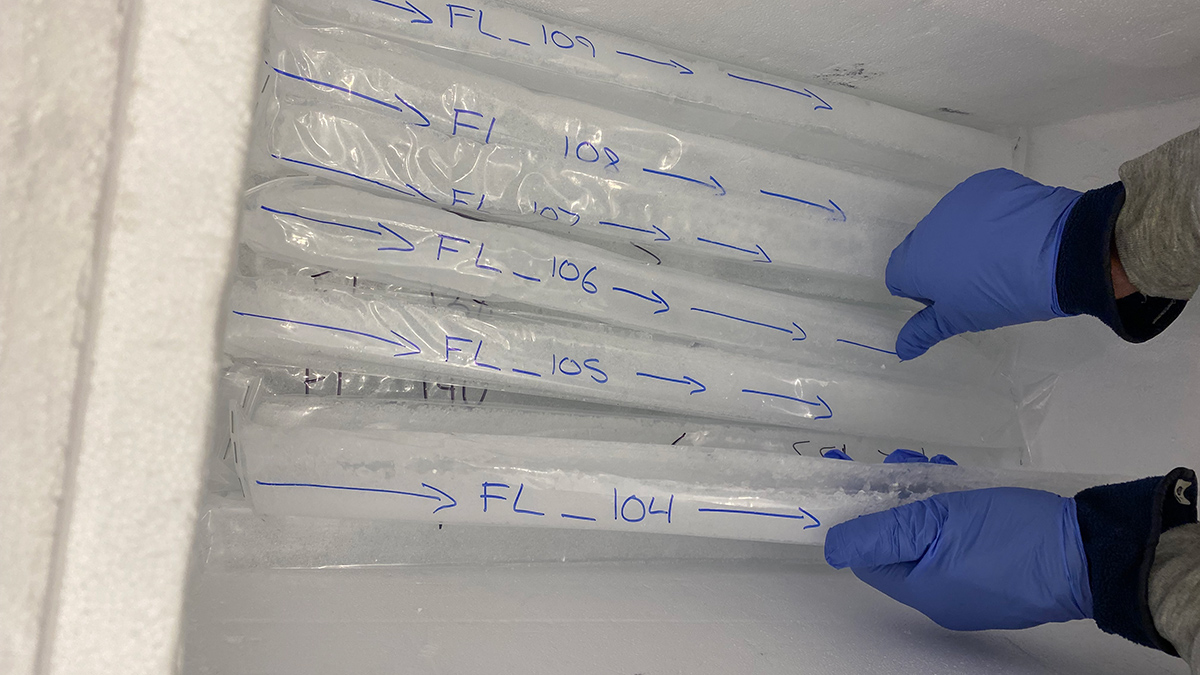An Earth and planetary scientist is most at home in cold places that mimic the worlds of the outer solar system.
Katherine Kornei
Katherine Kornei is a freelance science journalist covering Earth and space science. Her bylines frequently appear in Eos, Science, and The New York Times. Katherine holds a Ph.D. in astronomy from the University of California, Los Angeles.
Thanh Huong “Helen” Nguyen: Chasing Down Pathogens
An environmental engineer addresses some of public health’s biggest problems.
The Size of the Great Salt Lake Affects Storm Precipitation
Utah’s most famous body of water is shrinking, and storms might deliver less precipitation than normal if that trend continues.
Las estrellas lejanas resaltan minilunas en los anillos de Saturno
Al estudiar cómo la luz de las estrellas se atenúa al viajar a través de las partículas de hielo que rodean a Saturno, investigadores han hecho foco en muchas estructuras pequeñas en los famosos anillos del gigante gaseoso.
Water Scarcity Likely to Increase in the Coming Decades
Hydrological modeling suggests that by 2100 more than 65% of the world’s population might, at least sporadically, lack access to clean water.
Finally, Hawaii Gets Its Own Climate Divisions
Researchers have analyzed precipitation patterns in the 50th state to define a long-overdue data set that brings Hawaii into the fold of modern-day climate analyses.
A Step Closer to Solving the Fermi Paradox
Finding evidence of complex life elsewhere in the Milky Way galaxy hinges on locating rocky planets with plate tectonics and a mixture of landmasses and oceans, new research suggests.
Distant Stars Spotlight Mini Moons in Saturn’s Rings
By studying how starlight attenuates as it travels through the icy particles encircling Saturn, researchers have zoomed in on a host of small structures in the gas giant’s famous rings.
Coral Larvae Journey Far and Wide in the Western Indian Ocean
Researchers mapped coral reef connectivity across the Seychelles archipelago to inform conservation efforts in the face of climate change.
Núcleos de hielo de la Antártica capturan la contaminación de los metales pesados y su historia
Un núcleo de hielo que tiene registro más de 2 milenios, sugiere que la minería y la metalurgia aumentaron y disminuyeron con acontecimientos como las guerras y las epidemias.










